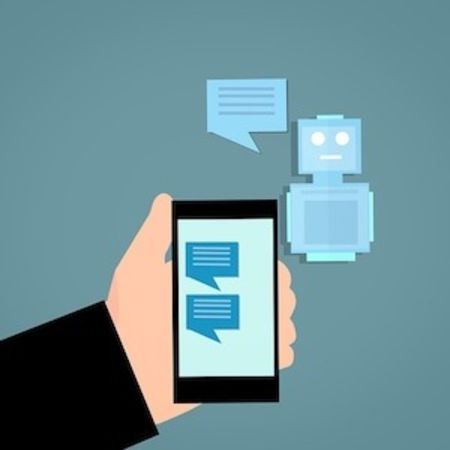With staffing shortages a perennial problem in many hospitals, it comes as no surprise that patients' interactions with healthcare AI chatbots are also on the rise. In some instances, speaking to a chatbot, instead of a nurse or doctor, is how patients get in touch with healthcare providers these days. It is estimated that the number of chatbot interactions will hit 2.8 billion per year by 2023, a hefty increase from 21 million in 2018.
Chatbots will likely play an important role in the entire patient journey beginning with diagnosis of ailments and triage. Other areas where AI chatbots can be applied:
· Patient information. Chatbots can be a vital resource for patients learning to live with chronic diseases, or to help them book appointments with doctors.
· Virtual assistants. There are already several use cases for digital voice assistants to support healthcare providers, such as in tracking patient adherence to medication.
Indeed, the growing use of chatbots is expected to free up medical staff time and save countries' healthcare systems around $3.7 billion by 2023, according to a new report from Juniper Research. The healthcare sector, the report notes, is one of the most relevant for the use of chatbots, which are defined as "a computer programme utilising technology designed to simulate conversational interactions with human users, which may also include automated processes triggered from these interactions."
Numerous health services will likely utilise chatbots in the future, particularly in the area of ailment diagnosis. Juniper says several major health services, including the NHS, are planning to launch mobile apps for this very purpose, with the aim of reducing patient waiting times at A&E (Accident & Emergency), as well as staffing costs.
The increasing adoption of chatbots, according to the report, is driven by a number of factors including: consumers becoming more comfortable using chatbots to discuss their healthcare requirements; shortage of medical practitioners; more deployment of chatbots to manage customer experience; and increased sophistication of conversational AI platforms leading to a greater percentage of enquiries being completed entirely via chatbots.
Moreover, to enhance the use of chatbots, healthcare providers should ensure that the information collected is transferred to a person's medical record and other applications, such as appointment scheduling or for those for dispensing prescriptions. This means that providers of medical records and line of business applications will need to make their existing systems interoperable with chatbot providers, the report says.
"Chatbots have the potential to
transform the way in which patients engage with their healthcare systems and go
some way to take the pressure off overstretched staff. But if deployments are
not backed up by investment in record keeping, then financial and time savings
will evaporate," report author Michael Larner explains.
Source: Arabian Industry
Image credit: Pixabay



























